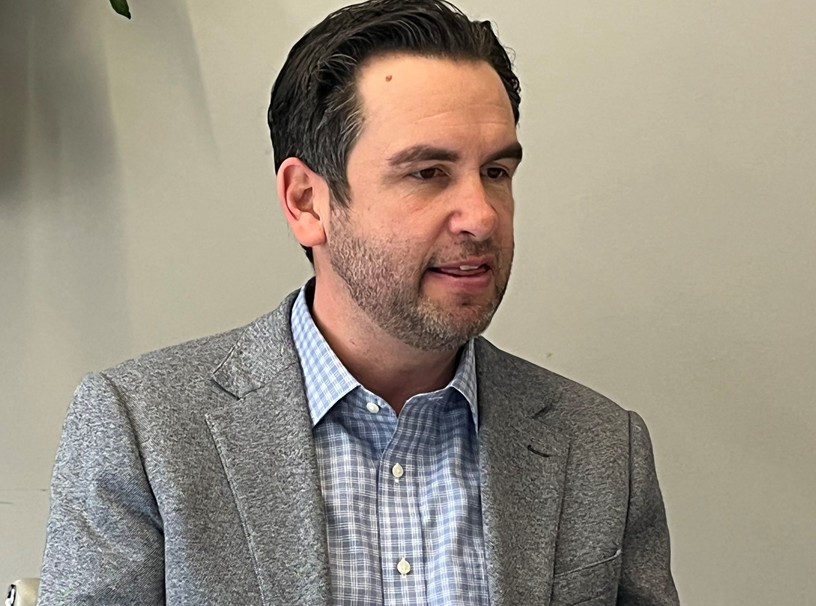| League of Humane Voters of NJ Officially Endorses Steven Fulop for Governor
JERSEY CITY, N.J. — Democrat Steven Fulop’s campaign for Governor is now endorsed by the League of Humane Voters NJ (LOHVNJ), a non-partisan organization committed to advancing animal rights through political advocacy and public policy reform. The organization is made up of more than 29,000 members throughout the state working to strengthen animal protection laws on the federal, state, and local levels.
“It’s very unusual for LOHVNJ to make an endorsement in a primary, but we chose to do so this year because Mayor Fulop is such an outstanding candidate and strong supporter of animal protection.” said Angi Metler, executive director of LOHVNJ. “As Mayor of Jersey City, we saw Steve Fulop prioritize animal welfare in a number of ways and we know he will continue to do so in Trenton.”
Under Fulop’s leadership, Jersey City certified more police officers as municipal humane law enforcement officers than any other New Jersey municipality, launched a tip-line for reporting animal abuse concerns, brought animal control in-house to increase efficiency and efficacy for residents and animals and incorporated animal welfare into their quality of life enforcement team.
“As Jersey City Mayor, Steven Fulop continually proved to us he was a man of his word – like how he wrote letters every year asking Governor Murphy to stop the bear hunt,” said Doreen Frega, LOHVNJ’s special projects director, “He is a true friend to bears and all animals, which is why we couldn’t be more excited to endorse his campaign for Governor.”
Founded on the principle that animals deserve protection from cruelty, exploitation, and neglect, the League of Humane Voters of New Jersey works to elect pro-animal candidates at the local, state, and national levels. Through strategic partnerships, LOHVNJ is amplifying the voices of those who care about the welfare of animals, influencing decision-makers, and advocating for stronger animal protection laws. LOHVNJ encourages and supports voters in becoming active participants in their communities’ decisions about animal welfare. |


